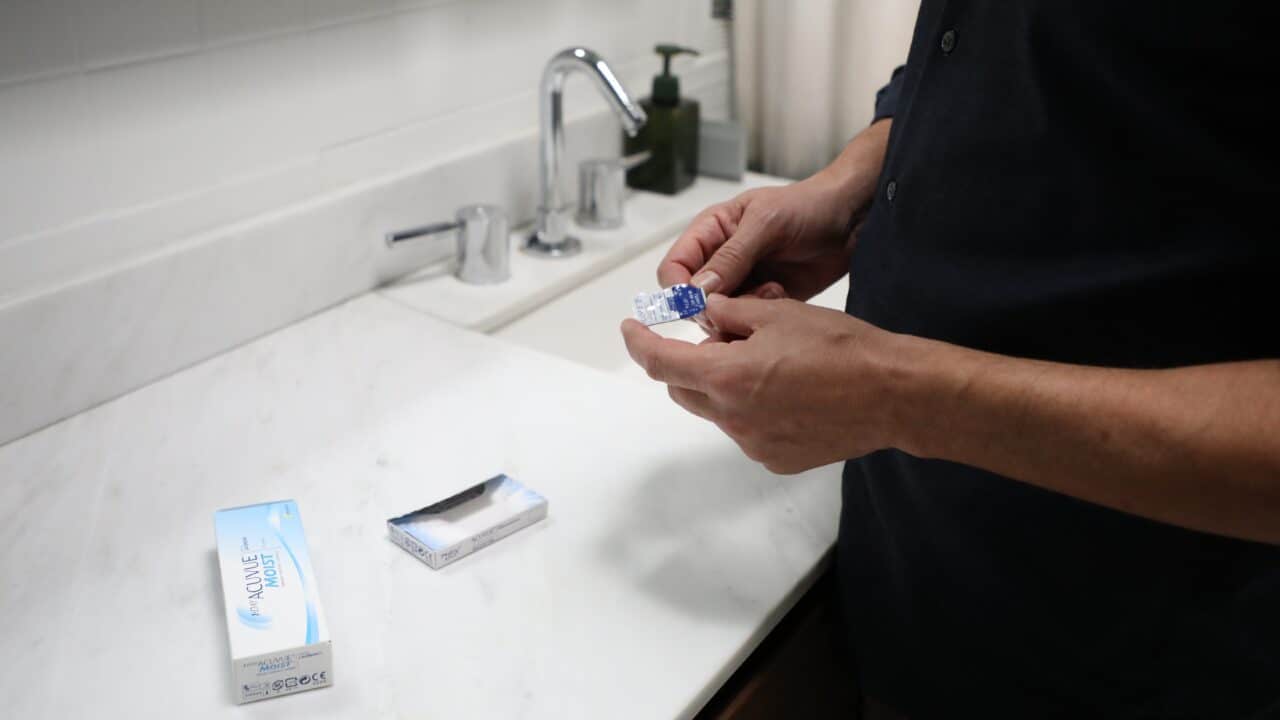 Photo by Lensabl on Unsplash
Photo by Lensabl on Unsplash
Recently, a bill to undermine the Contact Lens Rule, the “Contact Lens Prescription Modernization Act” was introduced in the House as H.R. 2748. All members of Congress should reject this legislation.
This bill would eliminate automated phone prescription verification, which guarantees that bad actors cannot refuse to verify prescriptions, thus preventing their patients from buying lenses from other retailers.
This kind of verification is one of the most effective ways to preserve competition. Reeling back this protection would hurt a market that has become more accessible, convenient, and affordable due to steps taken to ensure consumer freedom.
In 2003, President George W. Bush signed the Fairness to Contact Lens Consumers Act (FCLCA) into law. The legislation required that optometrists provide patients with a copy of their prescription.
The FTC’s Contact Lens Rule, built on the FCLCA, ensures that consumers have the freedom to purchase contact lenses from wherever they want, whether that is from their optometrists or from a third party. Specifically, the rule required optometrists to obtain signed acknowledgement from patients that they have received a copy of their prescription. It also continued to allow automated phone prescription verification, a feature of the FCLCA, which is one of the most effective ways to preserve competition and consumer freedom.
Rather than forcing a third-party retailer to wait indefinitely for a prescriber to verify the prescription, this requires the retailer to wait a full business day (eight hours) before fulfilling a consumer’s order.
H.R. 2748 seeks to end this effective, efficient prescription verification option. This will open the door to bad actors who, before the FCLCA, would refuse to verify prescriptions in the hopes of preventing their patients from buying lenses from other retailers.
Contact lenses have become more accessible, convenient, and affordable because of these steps taken to ensure consumers have a multitude of choices – 45 million Americans now use contact lenses. To reel back the protections which transformed the contact lens marketplace for the better would be a mistake.

